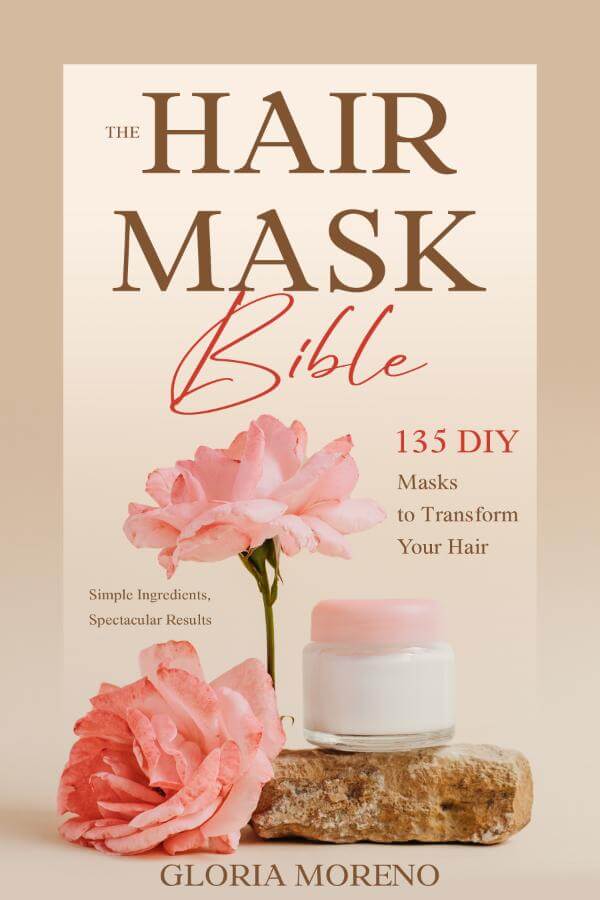
A skincare routine for oily skin aims to balance oil production, prevent breakouts, and maintain a healthy complexion. Here’s a step-by-step guide on how to care for oily skin:
1. Cleansing:
- Use a gentle, foaming or gel-based cleanser twice a day (morning and evening) to remove excess oil, dirt, and makeup. Look for products that contain salicylic acid or glycolic acid to help control oil and exfoliate.
2. Exfoliation (2-3 times a week):
- Exfoliate with a chemical exfoliant (like a BHA or AHA) to remove dead skin cells and prevent clogged pores. Be cautious not to over-exfoliate, as it can lead to increased oil production.
3. Toning:
- Apply a gentle, alcohol-free toner to balance the skin’s pH levels and tighten pores. Ingredients like witch hazel or niacinamide can be beneficial.
4. Treatment (if needed):
- Use targeted treatments for issues like acne or blemishes. Products with benzoyl peroxide or salicylic acid can be effective.
5. Hydration:
- Don’t skip moisturizing. Look for oil-free or non-comedogenic moisturizers to keep the skin hydrated without clogging pores. Hyaluronic acid is an excellent hydrating ingredient for oily skin.
6. Sunscreen:
Get ready to revamp your wardrobe! Unbelievable discounts await at BEBE's exclusive clothing sale. Don't miss out on your chance to score big savings! Click here now!
- Apply a broad-spectrum SPF 30 or higher sunscreen every morning. Look for oil-free or mattifying options to prevent excess shine.
7. Oil-Absorbing Sheets (optional):
- Keep oil-absorbing sheets on hand for midday touch-ups to blot away excess oil without disturbing your makeup.
8. Nighttime Routine:
- Follow the same cleansing routine as in the morning.
- Consider using a lightweight, oil-free, or gel-based night cream or serum to hydrate the skin overnight.
9. Weekly Mask (optional):
- Use a clay mask once a week to help control excess oil and tighten pores.
10. Diet and Lifestyle:
- Maintain a healthy diet rich in fruits, vegetables, and water.
- Avoid touching your face to prevent transferring oils and bacteria.
- Get enough sleep to support overall skin health.
Tips:
- Be consistent with your routine. Results may take time.
- Avoid harsh or abrasive scrubs, as they can irritate and exacerbate oiliness.
- Avoid using hot water for cleansing; stick to lukewarm water.
- Stay hydrated, as dehydrated skin can sometimes produce more oil to compensate.
Remember that everyone’s skin is different, and it may take some trial and error to find the perfect products and routine for your oily skin. Consulting with a dermatologist can also provide personalized recommendations and solutions for your specific skin concerns.

Related posts:
Sonic Facial Cleansing Brush With Anti-aging Treatments
Skin Care Routine For Acne Prone Skin
5 Smoothie Recipes For Glowing Skin
How to Get Radiant Skin Glow
Sheet Mask Hacks (10 Mistakes)
Quick and Easy Eye Cream Hack
Microneedle Facial Roller
Powerful Skin Benefits of Turmeric
Loose Skin Tightening & Younger Skin Naturally With Autophagy
Best Face Cream For Dark Spots
Benefits of Shea Butter For Skin
Banana Benefits For Skin



